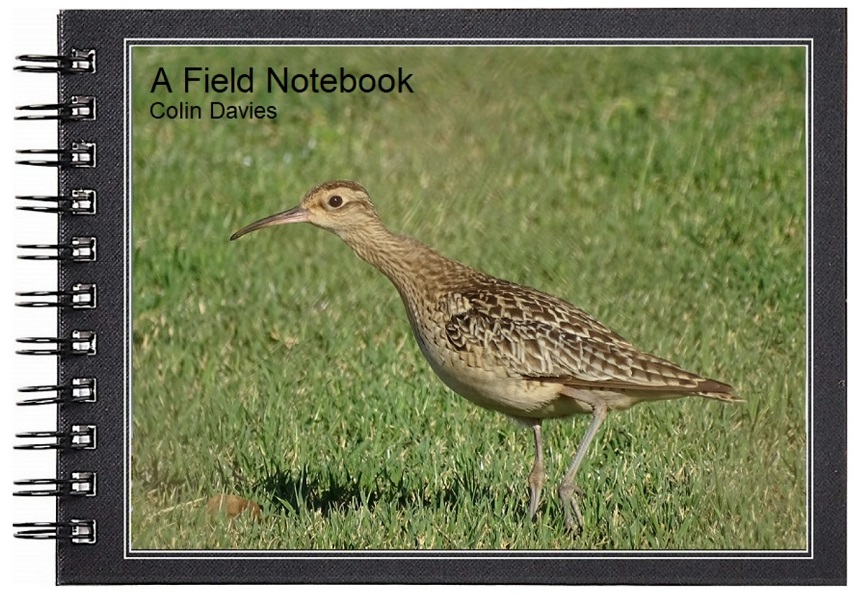As part of my work studying the invertebrates of the Ribble Estuary, I'm currently identifying springtails. These are strange little creatures which are only indentifiable under relatively high powered microscopes and with my camera they are almost impossible to photograph! The individual below is Isotoma viridis, and is about 4mm long in real life. This is a giant amongst springtails, and most are much smaller than this (and hence are unlikely to appear on this blog!).
Springtails (Collembola) are very common in just about every conceivable habitat. There might be 100,000 individuals in a cubic metre of topsoil, and they are a vital part of every ecosystem. There are an estimated 250 species in Britain, but they are much under studied and under recorded, and it's possible that you could find not only a new species for Britain, but a species new to science. Their exact class is a matter of debate, but it appears that they are no longer considered to be insects.
The long tail-like appendage is called the fuca and is the thing which makes them jump. This indivual is dead, but in life the fuca tucks under the body, and is released if the animal is threatened, propelling the springtail some considerable distance.






No comments:
Post a Comment